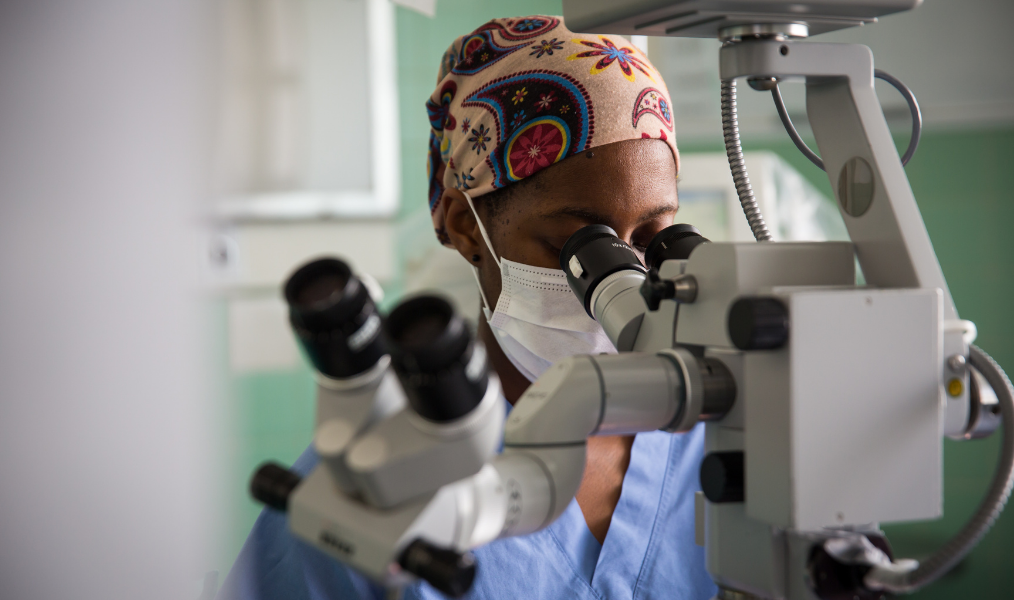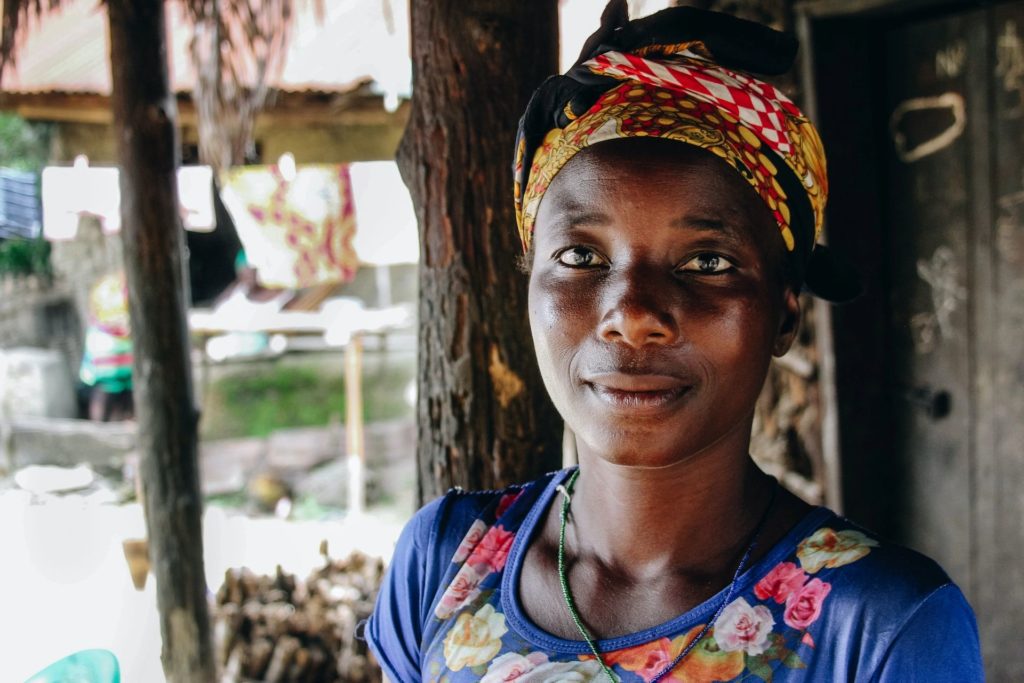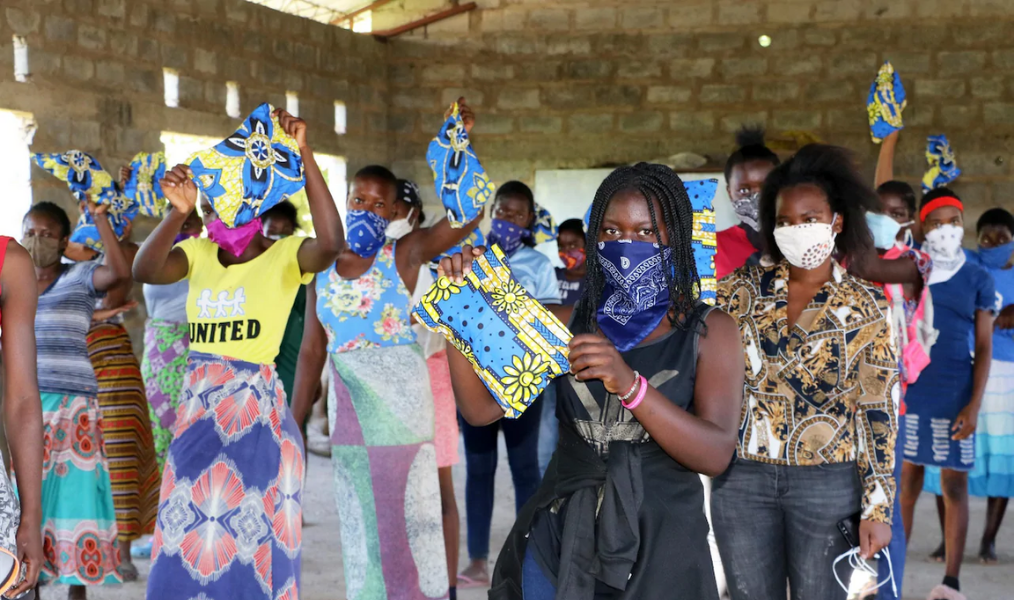Secondary impacts of COVID-19: widening the gender health gap
Over recent decades there has been enormous progress made for women worldwide especially in regards to maternal, sexual and reproductive health with overall higher life expectancy.
According to a recent report by UNICEF, maternal deaths as a share of live births have fallen by an incredible 44% since 1990 and by even more in the least developed nations.
Use of contraception is on the increase too. Family Planning 2020 have reported that the number of women in 69 of the world’s lowest income countries using modern contraception rose by 46 million over the course of just six years from 2012 to 2018.
Women in lower income countries also have a higher life expectancy as shown by data from The United Nations Development Programme. Women live 78% as long as women in higher income countries as of 2016 – up from 57% in 1960.
However, due to the secondary impacts of the COVID-19 pandemic, the quality of life and opportunities for women are changing—and not for the better. As part of International Women’s Day’s #ChooseToChallenge Campaign, we’re taking a look at three key health challenges that women are facing during this global pandemic, and how to take action for equality.
Disproportionate burden on female health workers

The COVID-19 pandemic has had unprecedented consequences for health workers. They have had to act fast as patient numbers began quickly rising and hospitals reached full capacity. All before we fully understood how to detect, treat or prevent transmission of the virus.
But the consequences of the virus have imposed an additional burden on female healthcare workers, highlighting a silent gender gap.
Approximately 70% of the global healthcare workforce is made up of women, according to an analysis of 104 countries conducted by the World Health Organisation and their work-life has changed dramatically.
There is new demand for wearing protective equipment for entire shifts, fighting against the fear of contagion and coping with the emotional strain of communicating with patients and their relatives on difficult decisions and updates. Since women predominately assume the role of family caregiver, domestic responsibilities and caregiving duties are then added to this already extreme workload.
Women in Global Health UK (WGHUK) have witnessed this first–hand. Media and Podcast Lead, Dr. Saleyha Ahsan, who also works full-time as an NHS doctor has shared her personal experience on the frontline, featuring in a new Dispatches documentary for Channel 4, ‘Condition Critical: One Doctor’s Story’.
In the documentary, Dr. Saleyha Ahsan discusses the mental strain on healthcare workers, especially when caring for her father who was admitted to her hospital with COVID-19. She said:
“I am one of six children. All of us ended up working for the NHS – five doctors and one pharmacist. We stayed away because we had to make the choice of doing our job looking after patients during COVID-19 or stay with my dad. We chose to look after patients.”
Dr. Saleyha Ahsan’s father sadly lost his battle with the virus but she was determined to finish the documentary to highlight what her colleagues are continuing to deal with, in the face of the pandemic.
Women in healthcare all around the world need support now more than ever before. They need to be adequately recompensed, protected, and physically and mentally supported.
Increased gender-based violence

One in three women worldwide experience physical or sexual violence mostly by an intimate partner.
Since the outbreak of COVID-19, emerging data and reports from those on the front lines, have shown that all types of violence against women and girls, particularly domestic violence, has intensified.
This is the “shadow pandemic” reported by the International Development Committee (IDC) in their latest report. The IDC learned that an additional 31 million cases of gender-based violence were projected in 2020 due to the pandemic. With local lockdowns trapping women at home creating this “shadow pandemic”.
Chair of the International Development Committee, Sarah Champion MP, said:
“Covid-19 has had a devastating impact in the UK, but the same threats and risks are faced by those in developing countries: many of who are already the world’s poorest, most vulnerable and most likely to be exposed to conflict, violence and displacement.
We must expose this shadow pandemic and recognise that long after coronavirus, the secondary impacts could be worse. The Government needs to show leadership on this and commit to shore up our decades of investment in development.”
As a response, collective global efforts must address violence against women in COVID-19 within recovery efforts.
Menstrual health and hygiene

On any single day during the health crisis, 800 million diverse women and girls are menstruating and grappling with the unique challenges of doing so in a global pandemic.
A recent report by Plan International looked at how the current implications of COVID-19 is exacerbating key challenges for people who menstruate around the world.
It found that lockdowns, border closures and supply disruptions have limited access to menstrual hygiene products. There has also been an increase in the price of sanitary products, and where difficult to obtain, women and girls have sometimes had to resort to using unhygienic alternatives, at risk to their health.
Continued stigma, shaming or harmful cultural practises have become even more profound whilst women have struggled to access facilities for washing, changing or cleaning during menstruation.
Periods don’t stop during a pandemic. For millions of people, privately and safely managing menstruation and addressing the taboo and stigma associated with it is critical to ensuring their human rights, health and dignity.
As some countries emerge from the peak of the pandemic and restrictions on movement begin to ease, the challenge for millions of people who menstruate continues.
———————————-
As the world continues to deal with the pandemic, inequalities will grow if we do not take action to ensure a gender equitable response and recovery.
In particular, the UK’s role in avoiding disproportionate health impacts on women and girls around the world has come under question due to the government’s plans to cut their official development assistance (ODA).
“Gender inequality and its relationship with health has been highlighted and exacerbated by the COVID-19 crisis. To tackle the health impact of gender inequalities we must address the unjust power dynamics that hold back women & girls globally, especially within health systems themselves.” – Students for Global Health UK
During a global pandemic is not the time for the UK government to step back. It is an opportunity to maintain investments that ensure that women and girls do not continue to bear the brunt of the pandemic.
Now is the moment to ensure that the COVID-19 response leads to stronger health systems and health services around the world – particularly for women, who have been disproportionately impacted.
For more information on our Covid-19 response and policy recommendations click here.
